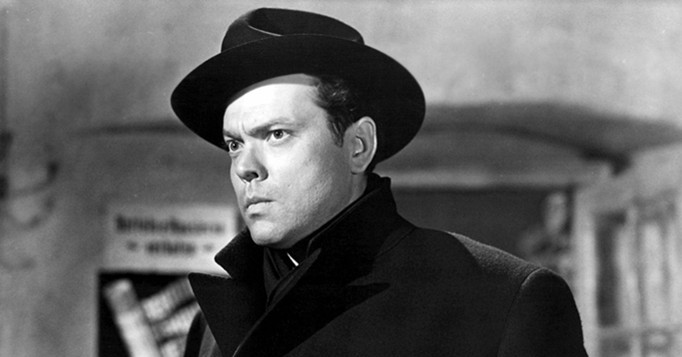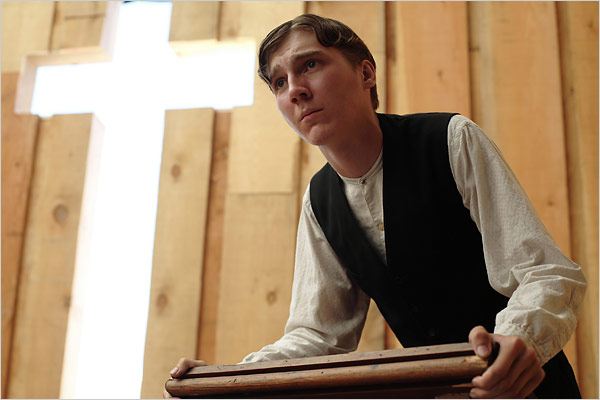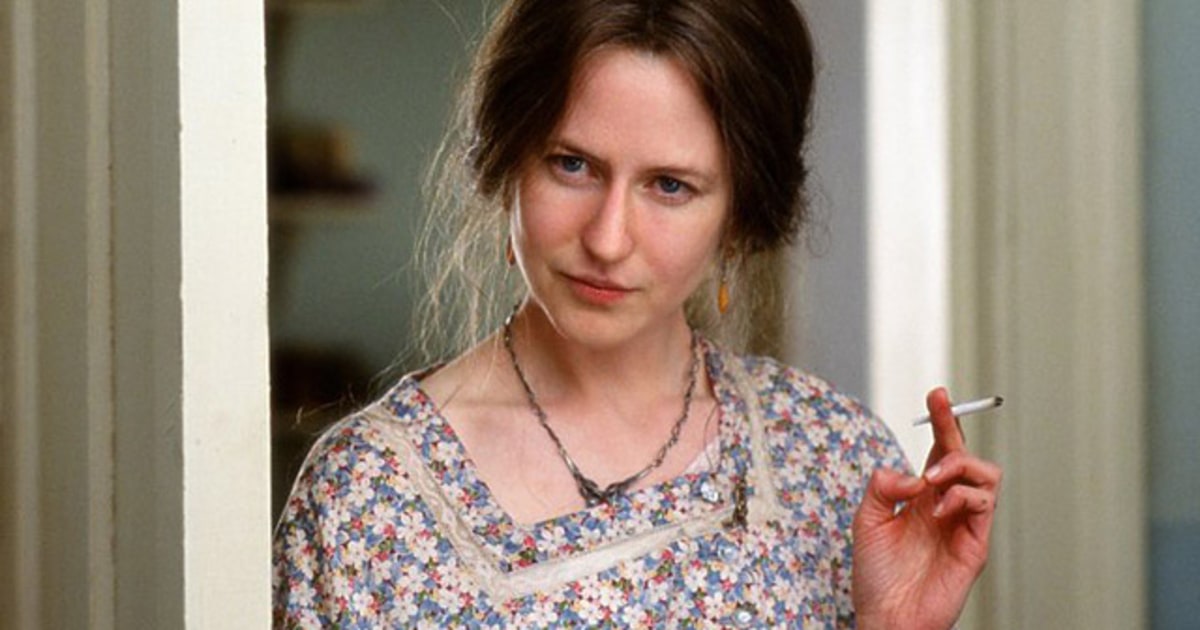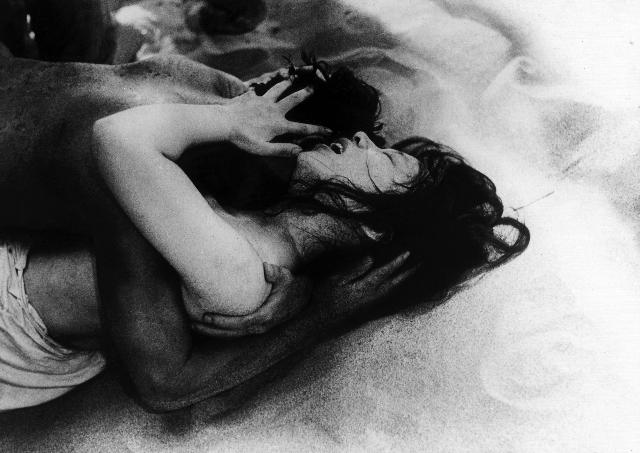5. The Third Man

The story of a man trapped in a strange land with an even weider conspiracy brewing in his mind, Carol Reed’s glorious mystery “The Third Man” boasts a score that seems to do more to the film than many might think. Performed by Anton Karas completely on the Zither, the score encompasses a lighthearted mood compared to what is happening on screen in many scenes, all while keeping some shock value in needed times with the ability to create high pitched tones.
The romantic sound that the main theme creates illuminates Cotton’s character’s own love for Vienna, though completely lost in it. Another example of a film’s reliance on a score with no fault to the film, the score’s originality and simplicity creates such a strong mood that the film can’t do anything but root its themes deeply into it.
4. Vertigo

Alfred Hitchcock’s masterpiece “Vertigo” boasts one of Bernard Herman’s greatest compositions. Low in tone then slowly building up in tension and pitch, Herman’s score takes “Vertigo” from a mystery, straight into thriller. Without Herman, many of Hitchcock’s films would not be the same and would lack that needed punch that they all have when it comes to horrific or revealing scenes.
Flourishing in spots and showing its depth, Herman’s score at its core is a minimalist masterpiece. Relying on a consistent sprawl of repetitive note progressions, the entire score and theme of it rely on this method to build upon, creating the sinister and tension-building music that surrounds the film.
3. There Will Be Blood

Paul Thomas Anderson’s 2007 film is about an oil prospector moving out west to begin his empire, all the while using his son to push a false narrative about him to better close deals. The film is one of Anderson’s most memorable films, a true masterpiece, but the score is an aspect of the film that helps drive it with such force.
Composed by Jonny Greenwood, the score is a compelling creation of eerie descending strings, something that brings great tension to a film that deals solely within realistic malice through lies and the promise of prosperity and is not outwardly horrifying.
Greenwood creates a driving force that combines with the actions and mindset of the film’s main characters, creating a better understanding and emotional availability to feel for or to detest the characters. Greenwood is becoming one of the best modern film composers, and with recent works like “You Were Never Really Here” and “Phantom Thread,” it doesn’t look like he’ll fade away any time soon, making this piece one in a possible long line of greats.
2. The Hours

The 2002 film about three women living separate lives throughout different time periods, all connected through the simple yearning for something more in their lives, brought in nine Oscar nominations, and one of these most importantly was for its original score. It was composed by one of the most important modern composers, especially when considering this list, Philip Glass, who brought the minimalist film score into prominence throughout his career.
Created mostly around Glass’s usual strings and piano, this score does not overplay itself or become a character of its own; rather, it helps explain scenes as they are happening, and connects with the film in a multitude of ways. Glass has created something that moves with the film, yet moves separately. Like the lives in the film, it is repetitive and adds something extra to the actions that are being done on the screen, no matter how small they may be.
The score places an extra sense of admiration and importance on these characters who for the most part are simple beings living their normal everyday lives, facing problems that many may not see as world altering, but with the help of Glass, it brings that extra sort of emotion into it, and makes the film feel larger than it is.
1. Woman in the Dunes

Directed by Hiroshi Teshigahara and based off the book by Kobo Abe, this existential drama is about a scientist who misses the final bus home while out looking in the dunes. Not finding any, he is persuaded by the locals to stay at this woman’s house, who lives at the bottom of a pit, and is subsequently trapped down there. This eerie, anxious, and thirst-inducing film is scored by Toro Takemitsu, whose music brings to the forefront this constant haunting feeling of being watched and being trapped.
From the opening second of the film, the score is screeching with high-pitched strings, droning on throughout the barren landscape of the desert. This sound is haunting as well as the erratic tempos that the score take bring a frightening element into this film and better illustrates the character’s mind as we watch throughout the film. The avant-garde and simplistic take of this score is what makes it so captivating and brings the film to a different level, making it one of the greatest minimalist scores of all time.